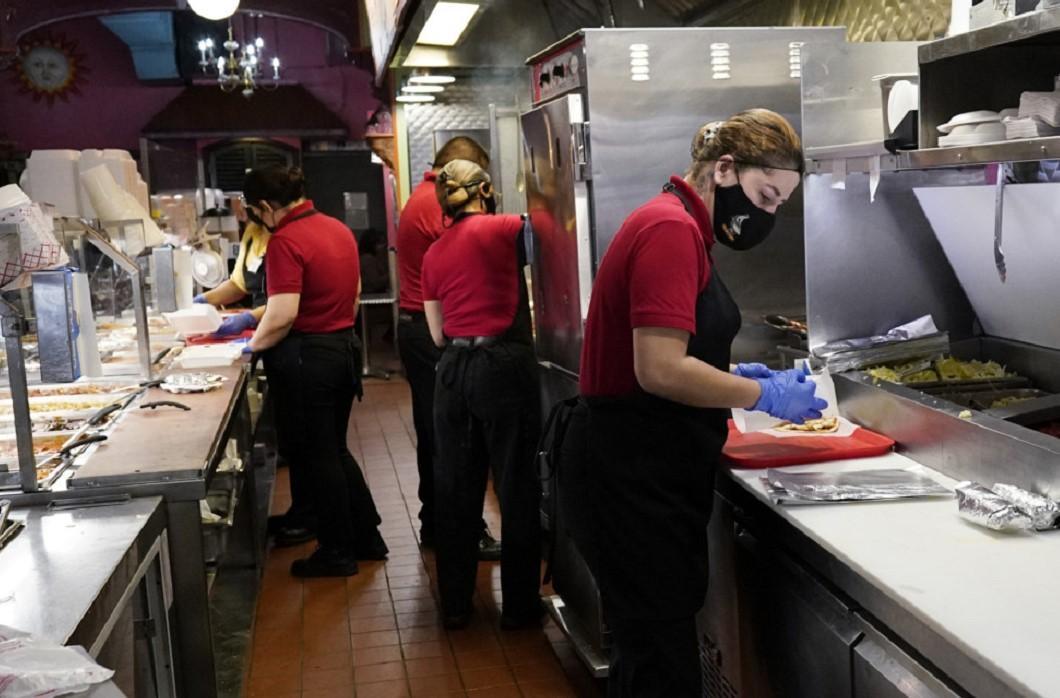
President Joe Biden keeps seeing good economic news and bad public approval ratings. The unemployment rate fell to 3.5 percent in March.
More than 236,000 jobs were added. But there has been no political payoff for the president.
U.S. adults are skipping past the jobs numbers and generally feeling horrible about the economy.
White House aides can list plenty of reasons for the pessimism: high inflation, the hangover from the pandemic and the political polarization that leaves Republicans automatically believing the economy is sour under a Democratic president.
Going forward, an emerging challenge for Biden might be the expectation that unemployment will get much worse this year.
This is the opinion of the Federal Reserve, which expects the jobless rate to hit 4.5 percent.
Even the proposed budget that Biden just put forth models an increase [4.3 percent] from the current rate.
Many Wall Street analysts are, likewise, operating under the shorthand that the Fed tames inflation by raising interest rates, which in turn causes demand to tumble and joblessness to rise.
Jobs report released on April 7 showed that the economy is cooling as wage growth slowed, but the labor market is still running much hotter than the overall economy in a way that can fuel doubts.
Biden’s bet is that the conventional economic wisdom is wrong and that 6 percent inflation can be beaten while keeping unemployment low.
“We continue to face economic challenges from a position of strength,” Biden said in a statement about the latest jobs report.
A new independent economic analysis helps to show why the low unemployment rate has yet to resonate with people:
There aren’t enough workers to fill the open jobs, causing the economy to operate with speed bumps and frictions that make things seem worse than they are in the data.
The analysis suggests that the economy would arguably function far more smoothly with unemployment higher at 4.6 percent, even though that could translate into nearly 2 million fewer people holding jobs.
The job market is what economists call “inefficiently tight,” a problem the United States also faced during the Vietnam War, the Korean War and World War II.
The current tightness is as severe as it was at the end of World War II. This mismatch causes companies and consumers alike to feel as though the economy is in a rut, said Pascal Michaillat, an economist at Brown University.